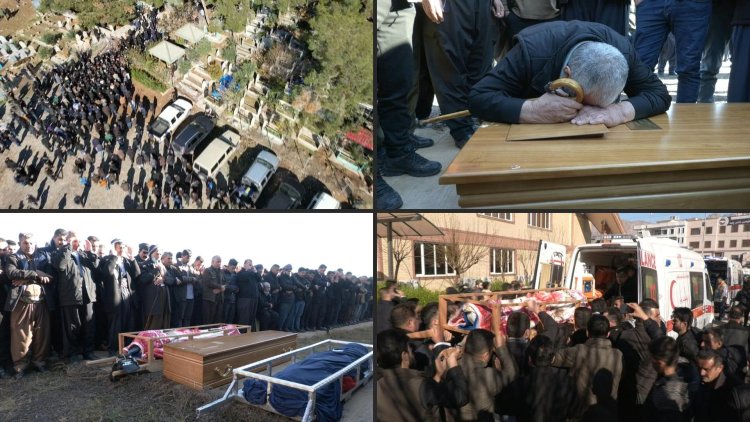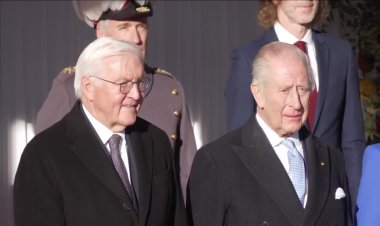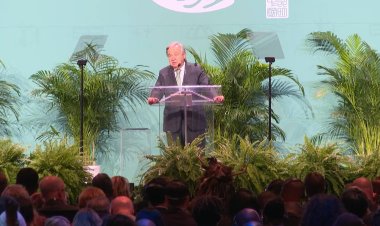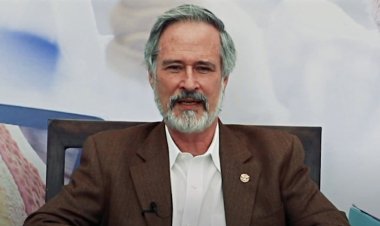Iraqi Kurds mourn their dead in Channel drowning

"If I don't call you back, it's because I will be in England" Shakar Ali said in his last message to his family as they attempted to cross the Channel from France to Britain.
But the inflatable boat he took along with around 30 other irregular migrants would never reach British shores.
Nearly a month after at least 27 of those migrants drowned, families of 16 of them finally got some closure on Sunday as their bodies arrived in Iraqi Kurdistan.
The remains arrived before dawn at the airport in the Iraqi Kurdish regional capital Erbil, where dozens of men, women and children had gathered.
Among the mourners, some embraced and black-clad women wept while others showed pictures of their lost kin.
Clutching his cane to his chest, an elderly man with a white beard showed a photo on his phone of his son Afrasia, who was just 24 years old.
The November 24 tragedy has been described by the International Organization for Migration as the largest single loss of life in the English Channel since the UN agency started recording data in 2014.
The plain wooden coffins were placed in ambulances that transported them to their hometowns of Darbandikhan, Qadrawa, Ranya and Soran.
A woman sobbed as she pressed her face up against a window pane. Close by, two teenagers appeared similarly shaken. One of them rested his head against a casket, bidding his final farewell.















